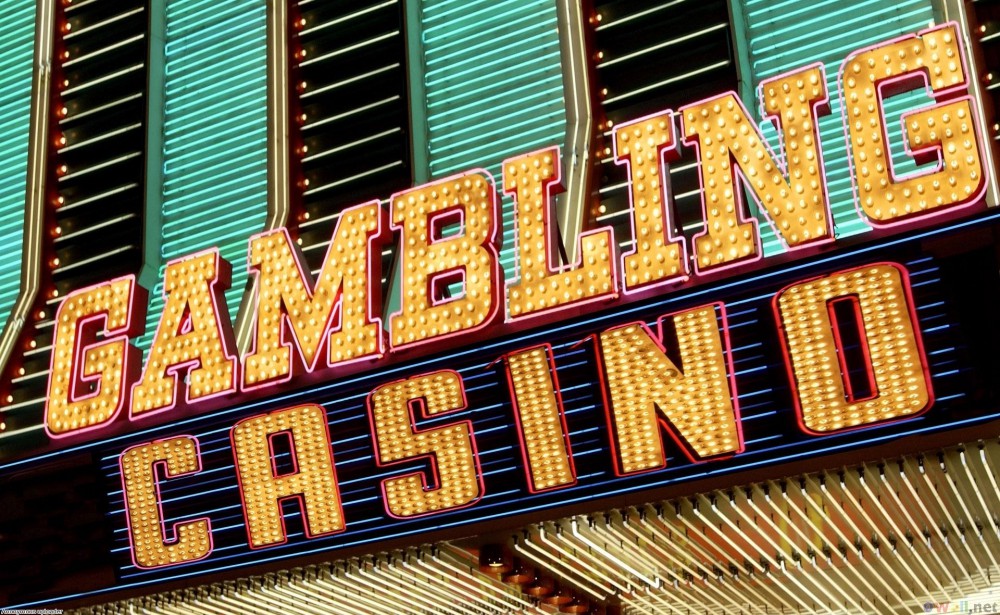
The poker world was rocked by the news last week that Amaya CEO David Baazov was charged with insider trading. Amaya has been under investigation by Quebec’s securities regulator the Autorite des Marches Financiers (AMF) since 2014 when the company acquired the Rational Group, the parent company of PokerStars and Full Tilt, for $4.9 billion.
The Era of Unregulated Online Poker

This is yet another black eye for online poker. From January 1, 1998, when Planet Poker, the first real-money online poker site, dealt its first hand of Texas hold’em, to Black Friday on April 15, 2011, when the United States Department of Justice unsealed an indictment against the three largest online poker sites in the country, scandal after scandal has shaken the public’s and players’ faith in the industry.
I can’t help but ask, “Where were the regulators?”
I remember the late Terry Lanni, CEO of MGM Mirage, set up an off-shore Internet gaming site in 2001, which quickly folded. In an article in Las Vegas Review Journal dated Nov. 15, 2007, titled “Gaming Officials Say They’re Ready to Bet on the Web,” Lanni explained that though the site was unsuccessful, “the endeavor helped the company work out problems that will be useful when relaunching.” At the time of the article, Lanni predicted online poker would be legalized in 12 to 18 months.
This article was written nearly a decade ago, and not much has changed regarding the regulation of online poker. From the time the first hand of poker was dealt online in 1998 to the superuser cheating scandal at UltimateBet in 2008 when players were cheated out of millions by Ultimate Bet insiders, the Nevada Gaming Control Board had a decade to be at the forefront of regulating online poker; instead, they did nothing.
When the state should have been the leader for the worldwide online gaming industry, Nevada adopted a wait-and-see stance. The gambling capital of the world lost the opportunity to shape the future of gaming. Because the state choose not to be a leader in the emerging online poker industry, Nevada will forever be in catch-up mode, and it’s the players who have paid the ultimate price.
Whatever the politics are behind Nevada’s decision not to regulate online poker at the dawn of the industry, the Nevada Gaming Control Board’s responsibility should always be to protect the consumers. They failed.
What has bothered me most about unregulated online gambling is the hundreds of millions of dollars the regulatory agencies allowed to be stolen on their watch. People from all walks of life–blue collar workers, professionals, retirees and students—who all shared a love of poker were cheated out of millions, and many never recovered anything.
Nobody from the Ultimate Bets, Full Tilts or Lock Pokers has paid for what was done. No one has suffered except the innocent small players who just wanted to play their favorite game online.
It is the players who paid for the legal defense teams that defended the crooks at Full Tilt, and the small fines they were levied were nothing in comparison to the hundreds of millions they stole.
And the fact that disgraced former Full Tilt CEO Ray Bitar is reported to have recently thrown himself a million-dollar wedding is another slap in the face to these players.
Russ Hamilton plays golf every day in Las Vegas with no remorse. Howard Lederer has the gall to show his face at the Poker Hall of Fame induction ceremony in 2014 after running Full Tilt into the ground, and none of them has ever issued an apology.
This is a disgrace to the gaming industry that I love.
The Need to Legalize and Regulate Online Poker

There is always going to be greed in any industry where there is so much money, but it is the job of oversight and regulatory agencies to put consumer protections in place and regulate the owners and operators.
New Jersey also waited too long to regulate online poker. Instead players had to put their faith in regulatory bodies based on islands or territories they have never heard of like the Kahnawake Gaming Commission.
We now have Daily Fantasy Sports following the same path as online poker with hundreds of small sites popping up again with no oversight.
We as a gaming industry can do much better.
It was the players who uncovered the cheating at Ultimate Bet, and it was the players who lost when Full Tilt folded.
And now it seems PokerStars’ players will be footing David Baazov’s legal bills. In a twist of irony, PokerStars announced they were raising the rake the same week their CEO was charged with insider trading.
As Dave Gadhia, Amaya’s Lead Director and independent board member said in a statement, “”David Baazov has the full support of the independent members of the board.”
Amaya will stand by their man. Guess who’s paying?
Robert Turner is a legendary poker player and casino/billiard marketing expert. Robert is most well-known for creating the game of Omaha poker and introducing it to Nevada in 1982 and to California in 1986. He created Legends of Poker for the Bicycle Casino in 1995. He also helped create Live at the Bike, the first live gaming site broadcast on the Internet in 2002.
He has spent over 30 years in casino marketing and player development. He has served as an executive host at the Bicycle Casino and MGM. He is currently working as a casino consultant.
Robert can be reached at robertturnerpoker@gmail.com for consulting, marketing and coaching. Find Robert on Facebook at https://www.facebook.com/thechipburner and on Twitter @thechipburner. Subscribe to Robert’s blog “Beyond the Numbers” to receive notifications of new posts by email.
